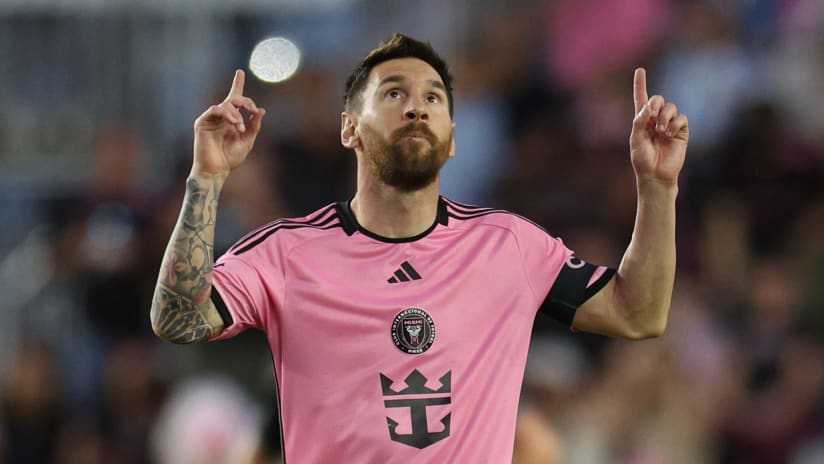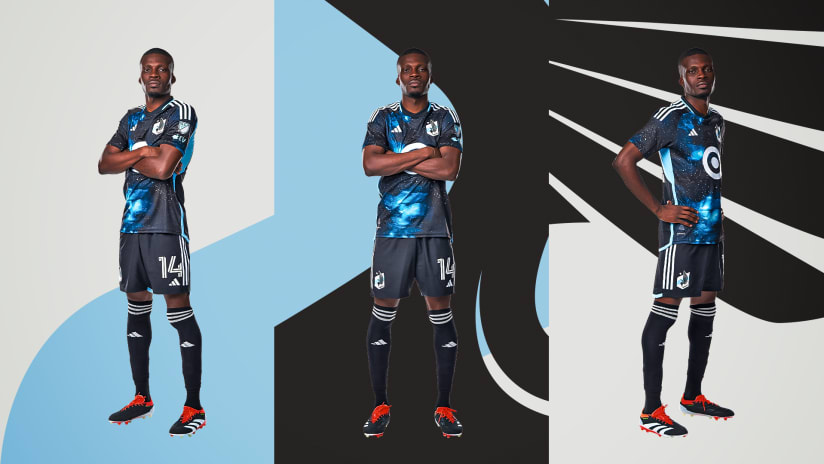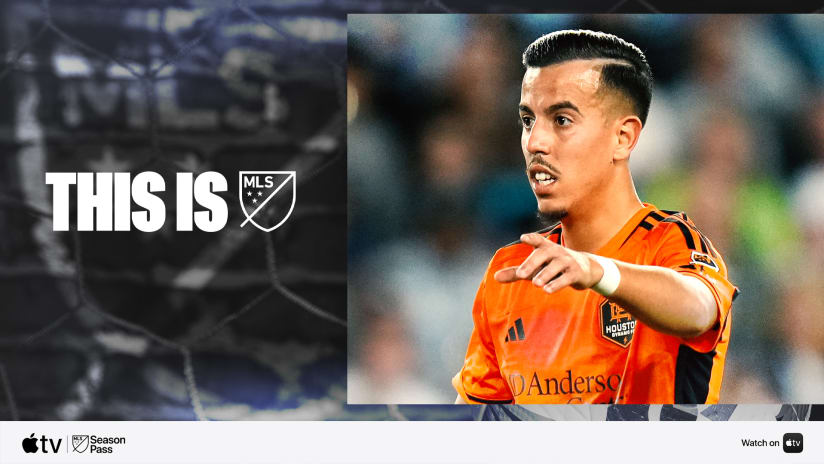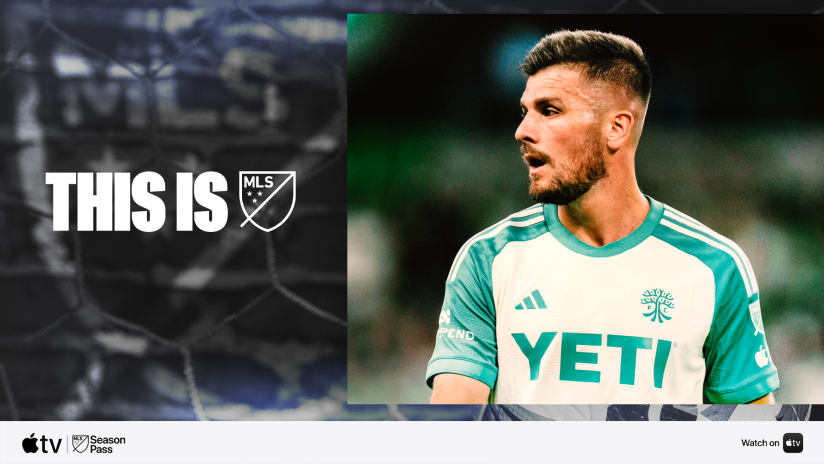Major League Soccer confirmed Friday the league will receive rights fees for the first time ever, officially announcing a long talked about deal with ESPN that will last through 2014.
Prior to his annual State of the League address at the 2006 Sierra Mist All-Star Game at Toyota Park, MLS Commissioner Don Garber joined John Skipper, executive vice president of content for ESPN, to present the details of the agreement.
In addition to paying the league a rights fee, ABC/ESPN will bear the burden of making sure the MLS programming is successful. The networks will be responsible for producing, programming and promoting their MLS property.
"The new relationship has a very significant and positive impact on the economics of soccer in this country," Garber said. "Like all major leagues in the U.S., we're out of the risk business. They'll have full responsibility of managing the game, managing the sport in a way that provides them with a return on their investment."
The deal moves ESPN2's weekly MLS broadcast from Saturday afternoon to Thursday in primetime. The network will air 26 regular-season and three playoff matches each year. ABC will air the season-opening match, All-Star Game and MLS Cup. The ABC/ESPN networks will also provide live coverage of the MLS SuperDraft and will have the rights to re-air telecasts on any of its media platforms.
Skipper, a long-time soccer fan who attended 17 games at the 2006 FIFA World Cup in Germany this summer, admitted ESPN is assuming a risk in paying rights fees for a sport that has yet to garner the attention paid to other major sports in the United States. At the same time, he expressed confidence that the network that helped the X-Games grow to where they are today can provide the same massive growth for soccer.
"I'm the ... latest knucklehead that thinks soccer is going to work in the United States," he said. "Fortunately, if I'm a knucklehead, I'm a knucklehead at ESPN. If we get ESPN behind soccer in this country, it is almost impossible for me to believe that we can't move this forward.
"A good number of the major breakthroughs in sports in the last 10 or 15 years have been through ESPN, and we're going to turn the power of ESPN and ABC networks to MLS, to the U.S. national team and to FIFA," he added. "So we're thrilled about this deal."
Skipper said the knock-on effects of ESPN's new relationship with MLS will be more presence on ESPN's digital media platforms, including ESPN.com and Mobile ESPN, as well as a likely increase in exposure on SportsCenter, the network's flagship show. Many Thursday night MLS games will start immediately after the nightly evening sports news program.
Some critics have said in the past that ESPN has not given soccer its due, particularly on SportsCenter. Skipper said the company's new commitment to the sport is the result of growing demand for it from U.S. TV viewers, not a shift in the corporate culture at ESPN.
"It's not a cultural change," he said. "It's a change in the value of the league. We're paying fees because it has value. There are other people willing to pay and we want soccer on our network. It's just pretty simple math. The pressure is market pressure."
Garber said scheduling the 2007 season, with new TV deals with ESPN, Fox Soccer Channel, HDNet and Univision and an unbalanced schedule created by the addition of a 13th team in Toronto FC, could be a tricky prospect. Still, he said the new broadcast options presented to the league trump any difficulty in sorting out next season's match schedule.
"We've got a lot of different television partners now, so we've got a lot of different programming," he said. "It's going to be difficult to get our schedule together ... We're going to have our hands full."
Also on Friday, Garber discussed the advancement of a number of issues that have been key topics around the league for the last few seasons. He said the league is a couple of weeks away from announcing a system where teams would be able to control the rights of players developed through that team's youth academy. Those players would not be entered into the MLS SuperDraft.
"A player here who is training in a Chicago Fire youth development program or academy, who was discovered by the Fire and developed by them, will be able to move up the ranks, be signed to play ... for their first team," he said.
Garber also provided an update on the league's plans to expand to 16 teams by the 2010 season. Toronto will join next year and is expected to be followed by one more new club in 2008 and two in 2010.
The league has an option agreement with the owners of Major League Baseball's Oakland A's to bring MLS back to the Bay Area by 2010, and Garber said he believes a team will be in the Philadelphia market within a couple of years. Garber also mentioned Cleveland, St. Louis, Las Vegas, Milwaukee, San Diego, Atlanta and Miami as potential sites of further expansion.
Garber touted the opening of the Fire's Toyota Park as the fourth soccer-specific stadium in the United States and added that the Colorado Rapids and Toronto will both open their own stadiums next season. He said the New York Red Bulls are on pace to have their own home in 2008, and said those in Utah who want to see Real Salt Lake have a place to call theirs - and those opposed to an RSL stadium - can be sure MLS is on the rise.
"If you add up the long-term television commitments, the stadium investment, the new owner and long-term corporate sponsor commitments that have been made to Major League Soccer in the last 18, more than $1 billion has been invested in this league," he said. "So those in Salt Lake ... we'll come out and talk to you about why Major League Soccer is a viable investment."
Jason Halpin is a contributor to MLSnet.com. This story was not subject to the approval of Major League Soccer or its clubs.










